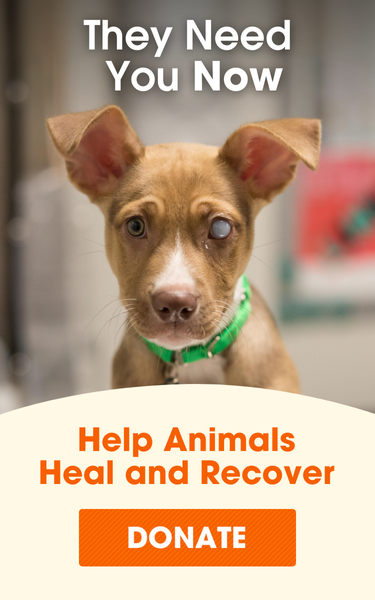
5 Expert Tips to Keep Your Pet Safe This Summer

Happy Summer! We’re ready for pool parties, beach days, barbeques, camping trips and everything else the season has in store for us. But summer heat can also bring some potential dangers for our furry friends, and our experts at ASPCA Poison Control want to make sure you’re ready for whatever comes your way. That’s why they created this list of five essential summer pet safety tips! Keep this list handy to ensure both you and your pet have the best summer ever.
1. It’s a Hot One! Remember to Keep Cool
Pets can get dehydrated quickly, so give them plenty of fresh, clean water when it’s hot or humid outdoors. Make sure your pets have a shady place to get out of the sun, be careful not to over-exercise them, make sure the ground isn’t too hot for them to walk on and keep them indoors when it’s extremely hot. It’s also important to know the symptoms of overheating, which include excessive panting or difficulty breathing, increased heart and respiratory rate, drooling, mild weakness, stupor or even collapse.
NEVER leave your animals alone in a parked vehicle and don’t shave your pet to keep them cool.
2. Pool Parties and Other Water Activities
If you plan on spending any time near a pool, lake or beach with your pet, make sure you give your them fresh water, and avoid letting them drink from the pool, or ingest ocean or lake water. Never leave your pet unattended by a large body of water or pool.
3. Celebratory Food and Drink Hazards
When it comes to holidays and other summer events like barbecues, food can pose one of the biggest threats to pets. To keep them from having food that is too high in fat, or ingesting a food item that may be toxic, it’s best that your pet sticks to their normal diet and treats. Be sure to also keep the garbage out of reach, as snooping noses can find their way to hazardous items.
If you’re enjoying alcoholic beverages at your festivities, be sure to keep your drinks up and away from pets and clean up any spills before they have a chance to take a taste.
4. Be Careful with Fireworks
In addition to the risk of burns should a pet get too close to a lit firework, ingesting packaging or material from a firework can obstruct the intestinal tract. It’s best to keep your pet away from the area when using fireworks and to pick up the used fireworks before letting your pet back into that area. Fireworks can also be scary for pets, so make sure to give your pet a quiet, calm space to relax once the fireworks start and ensure that their ID tags and microchip information is up to date, in case they get scared and bolt.
5. Gardens, Plants and Outdoor Toxins
Being outdoors means more exposure to different types of plants — both ornamental and garden plants. It’s important to familiarize yourself with the plants in your yard or garden and the potential hazard they may pose to your pets. Identifying possibly harmful plants ahead of time may prevent unwanted exposures. Always keep an eye on your pet when they are outside as even non-toxic plants can cause stomach upset if ingested.
Additionally, herbicides and insecticides are much more common in warmer weather. When applying these products to your yard it is best to keep your pet away from the area being treated, follow directions on the packaging and prevent your pet from accessing the area until it is dry or has been appropriately watered. Fertilizer exposures are also more common in the summer, and while typically not serious, they can cause some stomach upset and should still be treated seriously. Keep fertilizers out of reach and your pet out of the treated area until it is dry.
Follow these expert tips to have a happy, healthy and fun summer with your furry friends!
If you suspect that your pet ingested something potentially toxic, please call your veterinarian or ASPCA Poison Control at (888) 426-4435 immediately.
